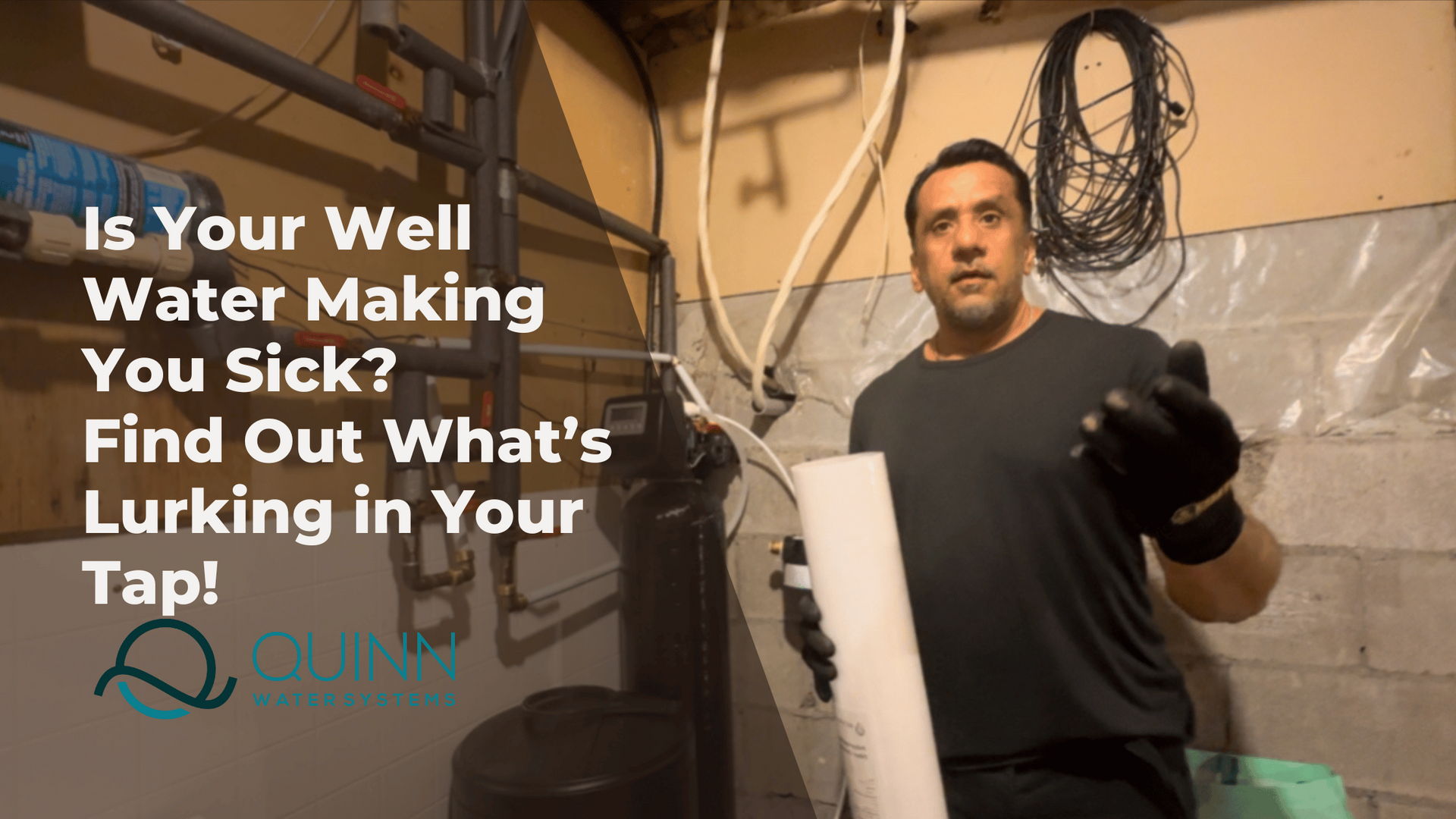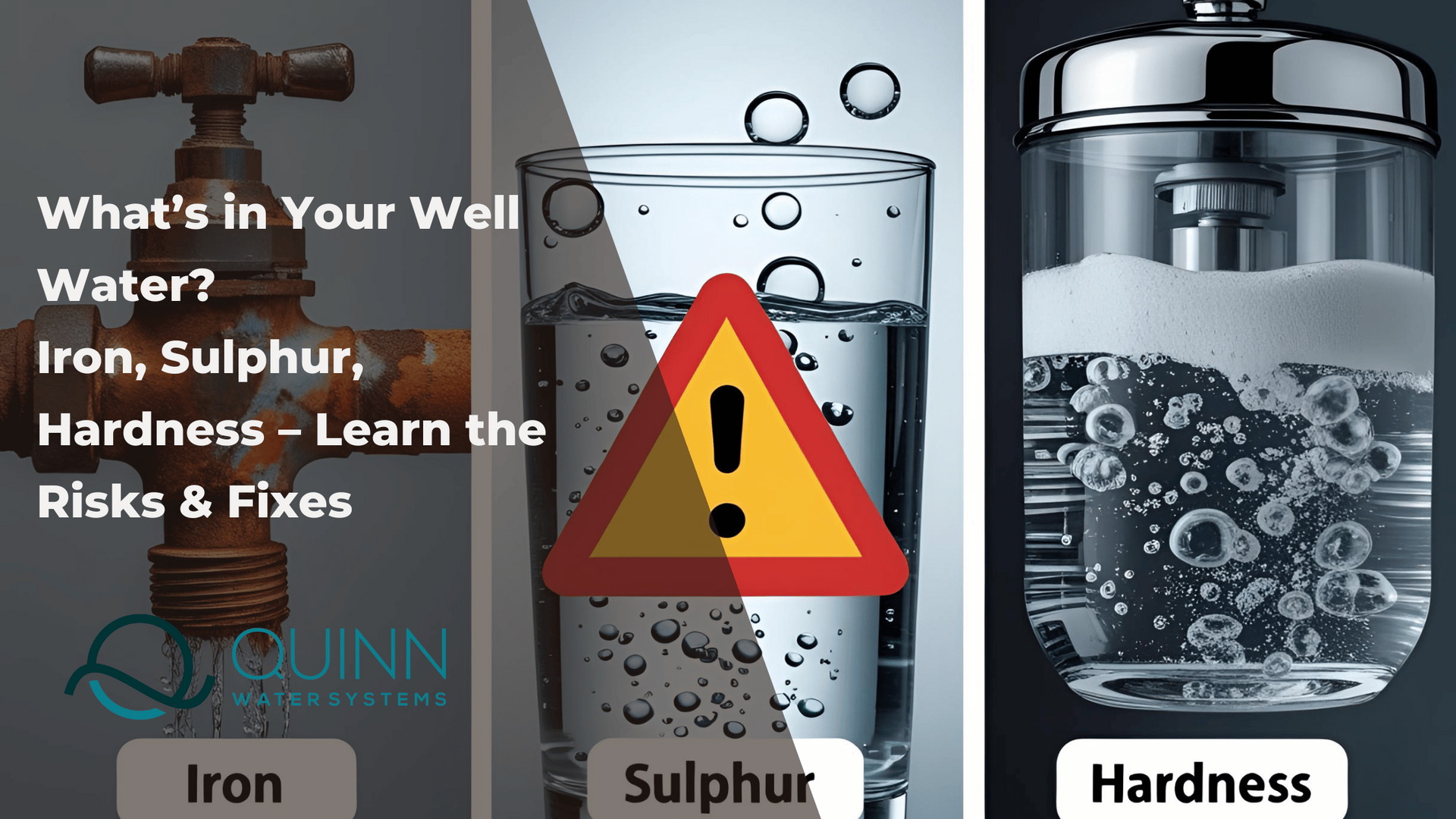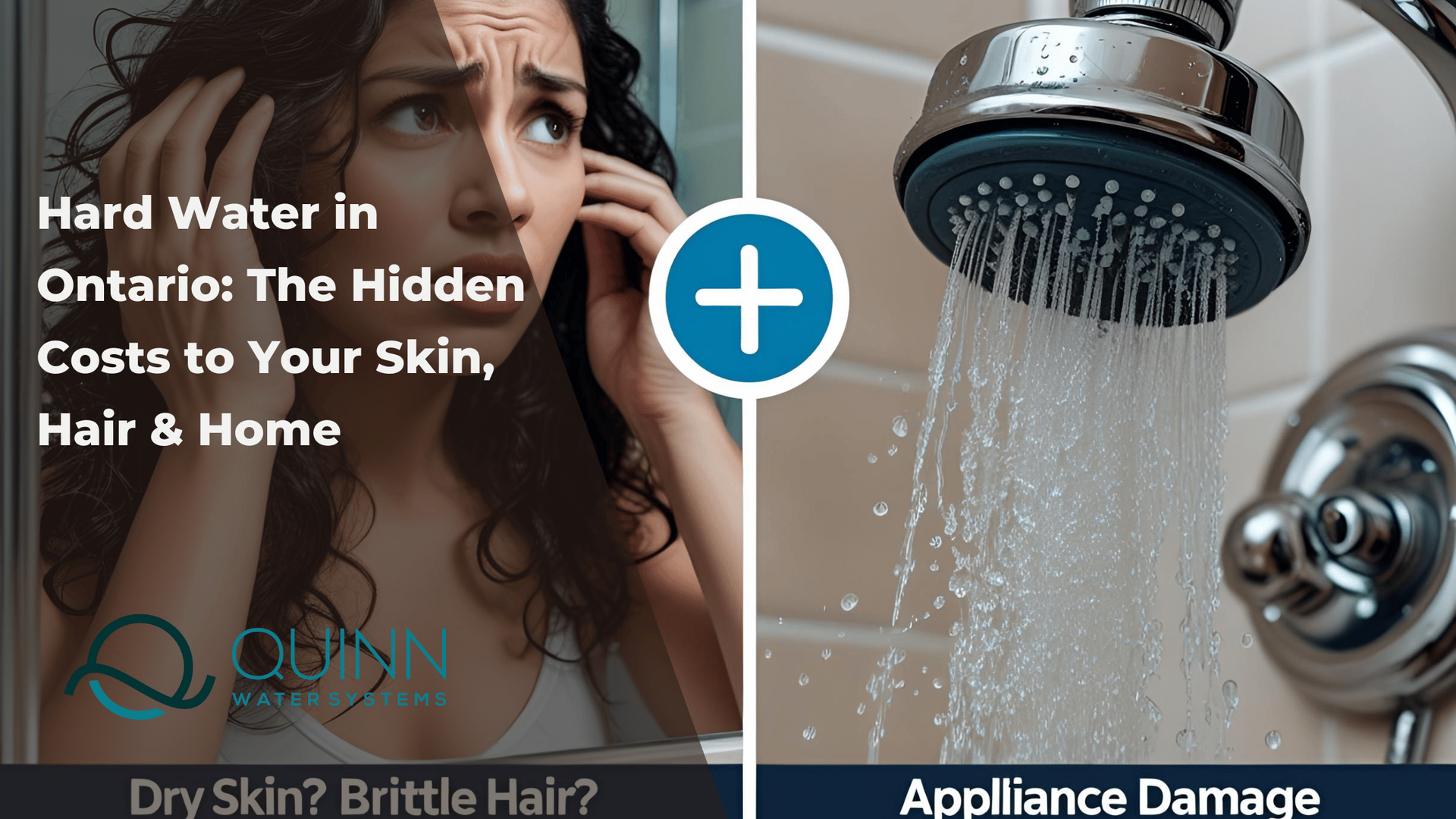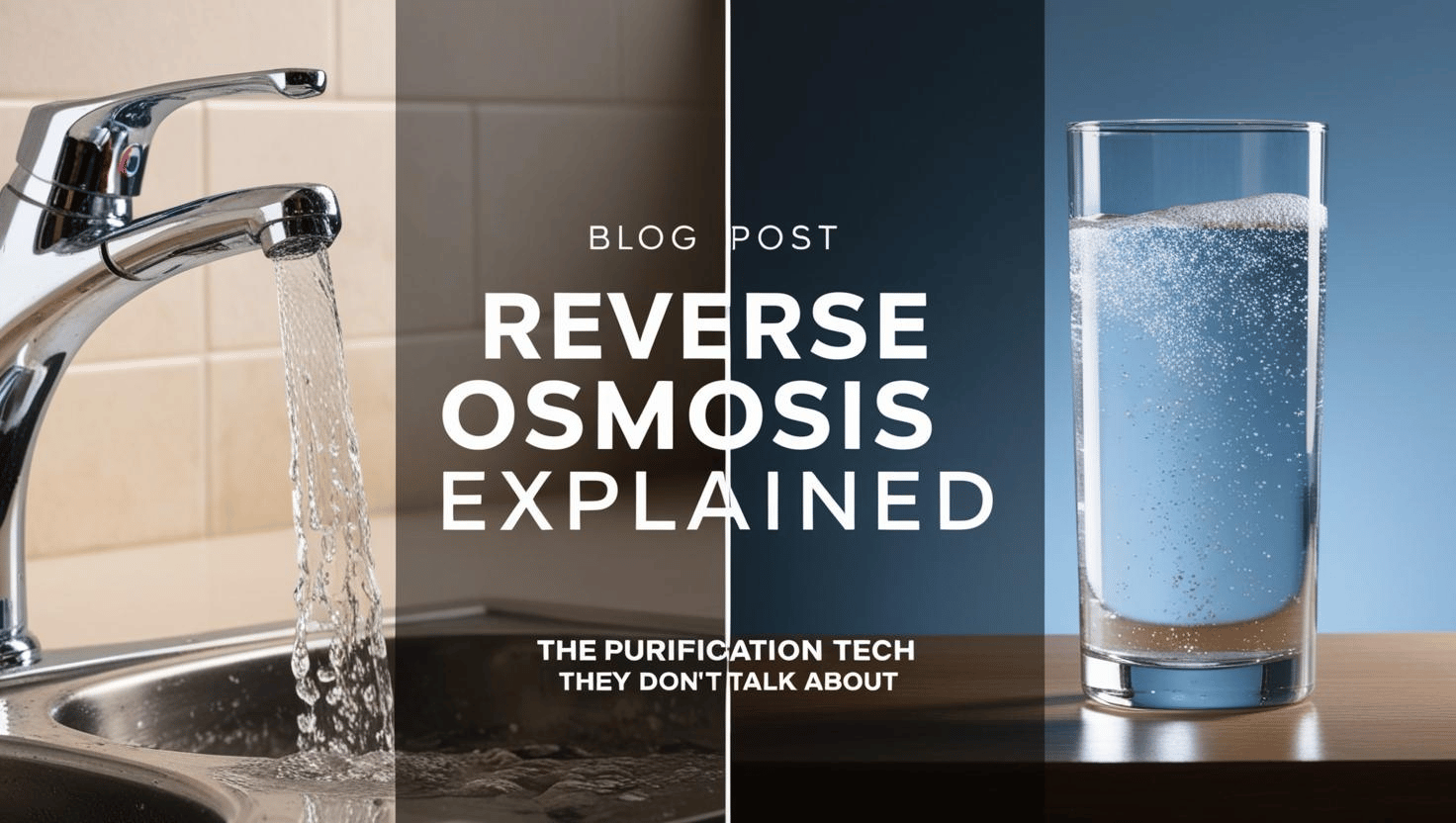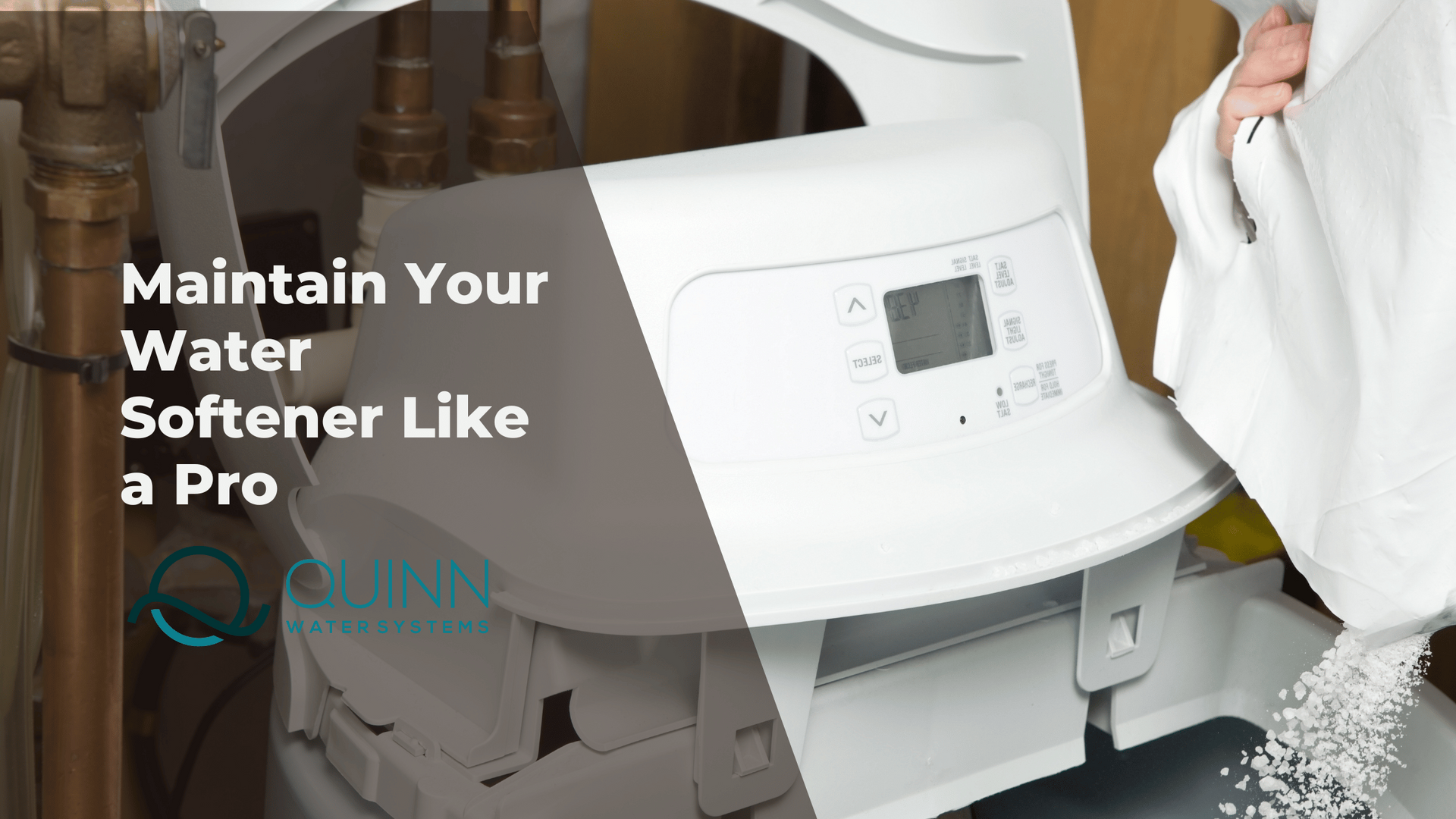The Truth About Salt-Free Water Softeners
There is a growing trend towards "salt-free water softeners" or water conditioners/ Magnetic Water Softener. However, it is a common misconception that these systems remove hard water minerals in the same way as their salt-based counterparts. Many people think the only difference is that one uses salt while the other does not. In reality, salt-free water softeners are better described as salt-free water conditioners. They do not actually soften the water; instead, they "condition" it.

The Reality: Salt-Free Water Softeners Don't Exist!
If you're searching for a salt-free water softener/ Magnetic Water Softener in the market, you're in for disappointment. The truth is, a salt-free water softener simply doesn't exist. The ion exchange process, which is the fundamental principle behind water softening, relies on sodium ions displacing calcium and magnesium ions to reduce water hardness. Without sodium ions, the process cannot effectively soften water. Therefore, a more accurate description of units marketed as salt-free water softeners/ Magnetic Water Softener would be "salt-free water conditioners" or "descaler."
2. Understanding Salt-Free Water Conditioners
Salt-free water conditioners operate on a different principle compared to traditional salt-based water softeners. Rather than removing calcium and magnesium ions from water through ion exchange, salt-free systems use various methods such as template-assisted crystallization (TAC), chelation, or catalytic media to alter the structure of minerals in water. These methods aim to prevent mineral buildup and scale formation rather than removing hardness minerals entirely.
3. How Do Salt-Free Water Conditioners Work?
Salt-free water conditioners typically utilize a media bed or catalytic surface that alters the chemical structure of hardness minerals. Through a process known as nucleation, the minerals are transformed into microscopic crystals that are less likely to adhere to surfaces and form scale. While salt-free systems can help reduce scale buildup, they do not remove calcium and magnesium ions from water, as traditional water softeners do.
4. Comparison with Salt-Based Water Softeners
Salt-based water softeners and salt-free water conditioners represent two distinct approaches to addressing water hardness issues. Understanding the differences between these systems is essential for homeowners seeking effective water treatment solutions.
Salt-Based Water Softeners:
- Ion Exchange Process: Salt-based water softeners utilize an ion exchange process to remove calcium and magnesium ions from water. These ions are replaced with sodium ions, resulting in softened water.
- Effective Hardness Reduction: Salt-based softeners are highly effective at reducing water hardness, resulting in noticeably softer water throughout the home.
- Scale Prevention: By removing hardness minerals, salt-based softeners prevent scale buildup in pipes, fixtures, and appliances, prolonging their lifespan.
- Maintenance Requirements: Salt-based softeners require periodic replenishment of salt and routine maintenance to ensure optimal performance.
- Sodium Content: The ion exchange process introduces sodium ions into softened water, which may be a concern for individuals on sodium-restricted diets.
Salt-Free Water Conditioners:
- Scale Prevention: Salt-free water conditioners do not remove calcium and magnesium ions from water but instead alter their chemical structure to prevent scale formation.
- Nucleation Process: Through nucleation, hardness minerals are transformed into microscopic crystals that are less likely to adhere to surfaces and form scale.
- Limited Softening: While salt-free conditioners help reduce scale buildup, they do not significantly reduce water hardness or provide the same level of softness as salt-based softeners.
- Low Maintenance: Salt-free conditioners generally have lower maintenance requirements compared to salt-based softeners, as they do not require salt replenishment or regeneration cycles.
- Environmental Impact: Salt-free conditioners are often favored for their eco-friendly operation and minimal environmental footprint.
Choosing the Right System:
When comparing salt-based water softeners and salt-free water conditioners, homeowners should consider their specific water quality needs, preferences, and lifestyle factors. Salt-based softeners are ideal for those seeking maximum hardness reduction and softening benefits, while salt-free conditioners are suitable for individuals looking to prevent scale buildup and minimize maintenance requirements.
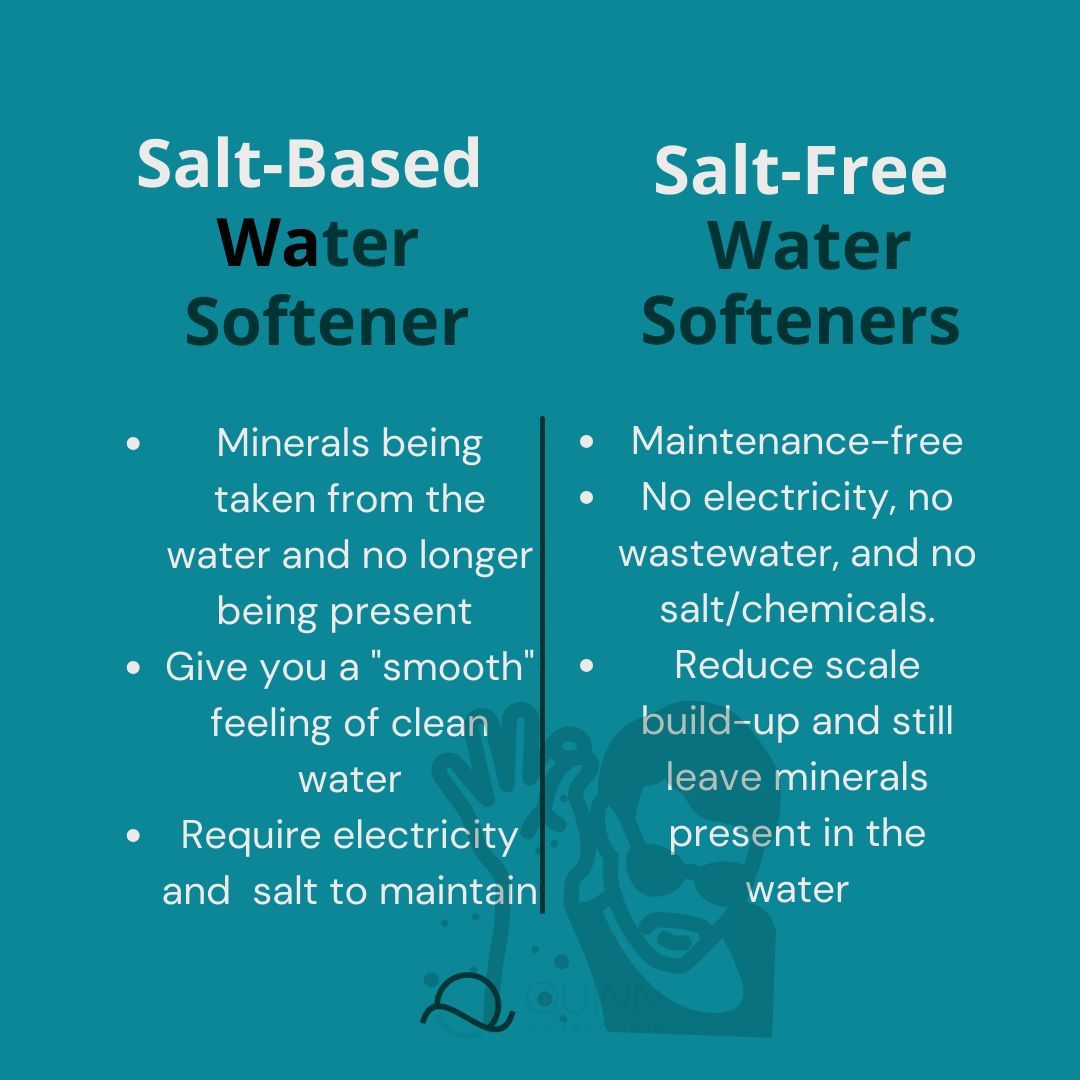
5. Applications of Salt-Free Water Conditioners
Salt-free water conditioners are often used in situations where the complete removal of hardness minerals is not necessary or feasible. These systems are popular in areas with moderately hard water or where sodium restrictions are a concern. Additionally, salt-free conditioners are favoured for their low maintenance requirements and eco-friendly operation.
Salt-free Water Conditioner Does not Softener the Water
In conclusion, while salt-free water conditioners offer benefits in terms of scale prevention and environmental impact, they are not true water softeners in the traditional sense. Despite being marketed as "salt-free water softeners," these systems do not provide the soft water benefits that homeowners expect. Soft water alleviates the stress of endlessly cleaning up after hard water, reducing the need for excessive detergent use and minimizing soap scum stains in sinks and bathtubs. However, salt-free water conditioners only have limited efficacy against very hard water, often requiring homeowners to continue dealing with the challenges of hard water. Read more : Soft Water Benefits here.
Therefore, it's essential for homeowners to carefully consider their water quality needs and understand the limitations of salt-free water conditioners compared to salt-based water softeners.
At Quinn Water Systems, we prioritize transparency and customer satisfaction, offering comprehensive water treatment solutions tailored to address your specific requirements. Contact us today to explore our range of water softening options and discover the best solution for cleaner, healthier water in your home.
Ask us about Water Softener
Share this blog
Blog Posts

